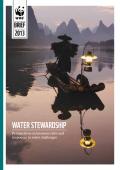
As problems of governance, scarcity and pollution have spread and intensified, interest in protecting water has diversified. More than ever before, business leaders realise that their long-term profitability – even viability – depends on the right quantity and quality of water available at the right time and place to meet the needs of people, business and ecosystems. This business interest triggered the creation in 2008 of WWF’s Water Stewardship Programme.
The concept of water stewardship serves to unite a wide set of stakeholders interested in water management. In common usage, it often refers to business action on water challenges. In this brief, we are using the term in this common sense, as it relates to business – while acknowledging that there is no universally agreed definition. We define Water Stewardship for business as a progression of increased improvement of water use and a reduction in the water-related impacts of internal and value chain operations. More importantly, it is a commitment to the sustainable management of shared water resources in the public interest through collective action with other businesses, governments, NGOs and communities
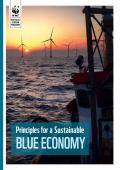
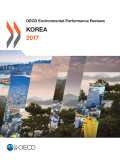
OECD Environmental Performance Reviews provide independent assessments of countries’ progress towards their environmental policy objectives. Reviews promote peer learning, enhance government accountability, and provide targeted recommendations aimed at improving environmental performance, individually and collectively. They are supported by a broad range of economic and environmental data, and evidence-based analysis. Each cycle of Environmental Performance Reviews covers all OECD countries and selected partner economies.
This report is the third Environmental Performance Review of Korea. It evaluates progress towards sustainable development and green growth, with a focus on waste and materials management, and environmental justice.
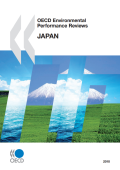
This 2010 review of Japan's environmental conditions and policies evaluates progress in reducing the pollution burden, improving natural resource management, integrating environmental and economic policies, and strengthening international co-operation. It includes coverage of policy for greening growth, implementation of environmental policies, climate change, waste management and the 3Rs (reduce, reuse, recycle), and nature and biodiversity.
The review finds that since the last review, Japan has made steady progress in addressing a range of environmental issues, notably air and water pollution, and the management of chemicals and waste. The energy intensity of the economy has continued to decrease, particularly in the industrial sector, and is among the lowest in OECD countries. Material intensity has also decreased.
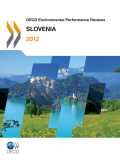
This first review of Slovenia's environmental conditions and policies evaluates progress in sustainable development, improving natural resource management, integrating environmental and economic policies, and strengthening international co-operation. It addresses green growth, environmental management, climate change and air pollution, and waste management issues.
